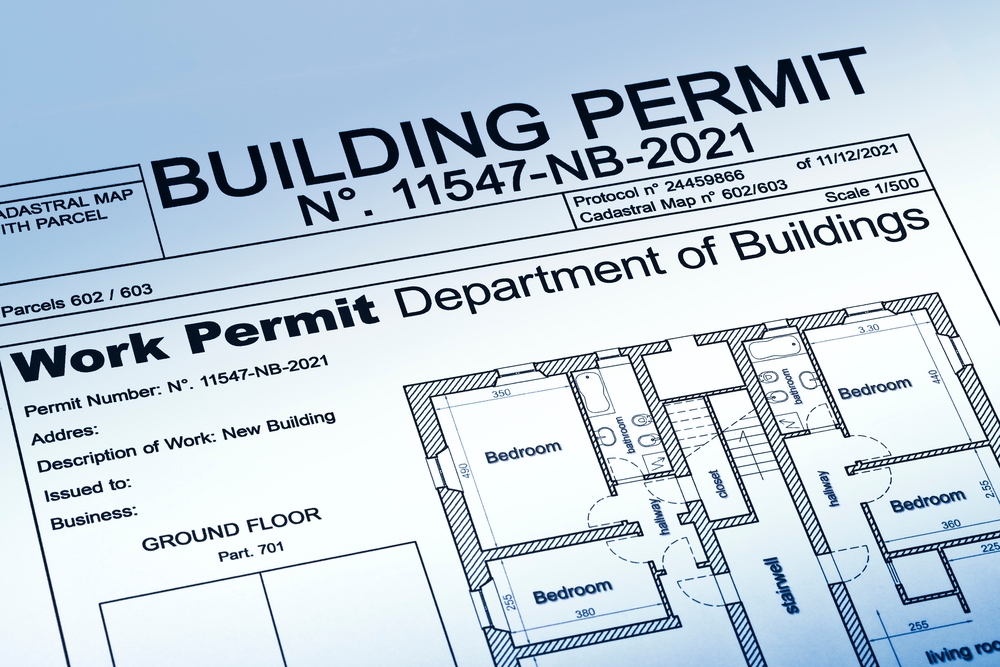When Do You Need a Building Permit, and When Don’t You?

Are you working on a new build or renovation project? Have you heard of building permits but are not sure when you need one? This article is for you.
We will explain what a building permit is, how to obtain one, projects where a building permit is required, and projects where it is not necessary.
What Is a Building Permit?
A building permit is a legal document that grants you permission to begin construction or renovation on your property. It is issued by the government, typically the local authorities or building department, and ensures that the project is up to code and complies with all the necessary safety requirements. The purpose of a building permit is to protect the homeowner, other occupants, and the community from any hazards that may occur due to the project.
How Do You Get a Building Permit?
The process for obtaining a building permit varies depending on your location, but most city governments require you to submit an application along with detailed plans of the proposed project. The building department will then review your plans and determine if it meets all of the necessary requirements for safety and code compliance. Once your project has been approved, you will receive your building permit, and construction can begin.
If you’re working with a contractor, they will usually handle this process for you. However, it’s best to double-check that they completed the necessary steps before work just to be sure. And, of course, if you’re working on a project DIY-style, you’ll have to obtain the permit yourself.
List of Projects When a Building Permit Is Required
The following are common projects that require a building permit:
1. New Construction
If you are building a new home or a commercial property, you will need a building permit.
2. Major Renovations
Any significant changes to the structure, such as adding an addition or removing a load-bearing wall, will require a building permit.
3. Electrical and Plumbing
If you are making any significant changes to your electrical or plumbing systems, such as installing new wiring or pipes, you will need a building permit.
4. Structural Changes
Any work that affects the structural integrity of your property, such as adding a second story or modifying the roofline, will require a building permit.
List of Projects When a Building Permit Is Not Required
While most projects require a building permit, there are a few exceptions. Here are the common projects where a building permit is not required.
Note: We always recommend that you check with your local township or city offices to ensure that you are following the proper protocols.
1. Minor Cosmetic Work
If you are making minor cosmetic changes to your property, such as painting or adding new flooring, you do not need a building permit.
2. Fences and Retaining Walls
As long as they are under a certain height limit, most municipalities do not require a building permit for fences and retaining walls.
3. Small Decks and Patios
If they are less than a certain size (determined by your municipality), decks and patios typically do not require a building permit.
You’ve Got the Permit — Now Get the Materials! Contact Us
Once you’ve acquired a building permit for your project (or determined you don’t need one), visit your nearest Standard Supply & Lumber location to gather your building materials. From lumber to countertops, windows, and more we have a best-in-class selection of products from top-name manufacturers. We’re excited to see how we can help bring your vision to life!
